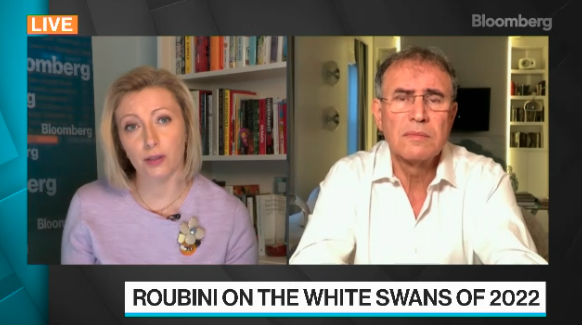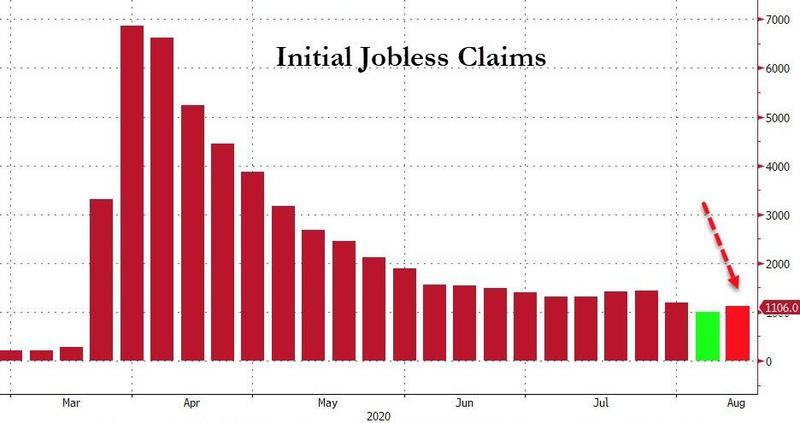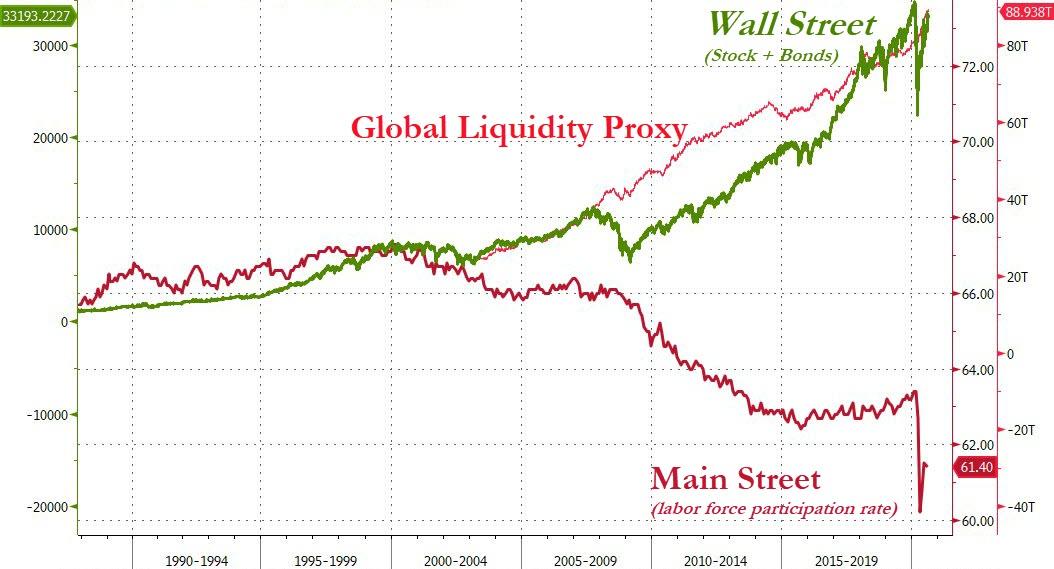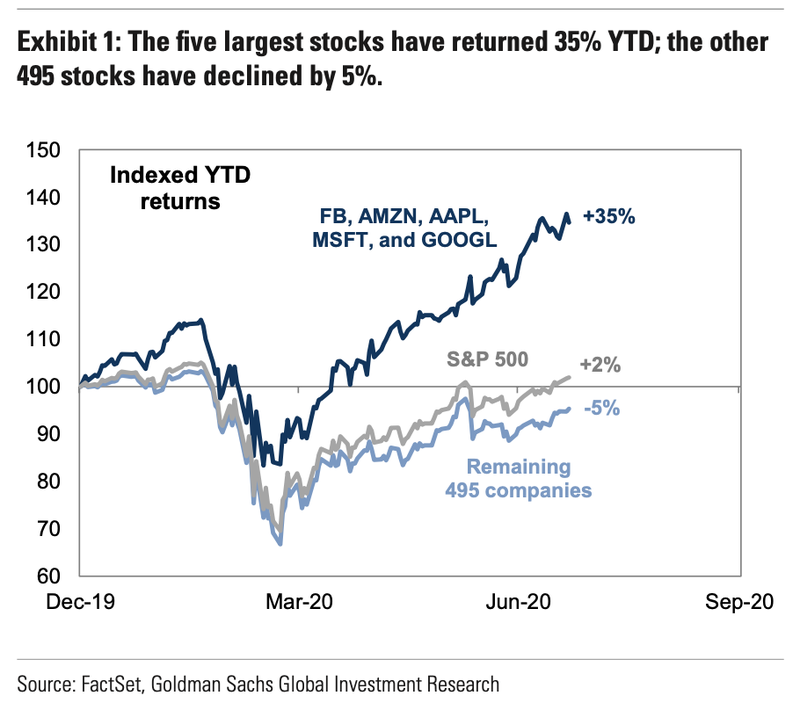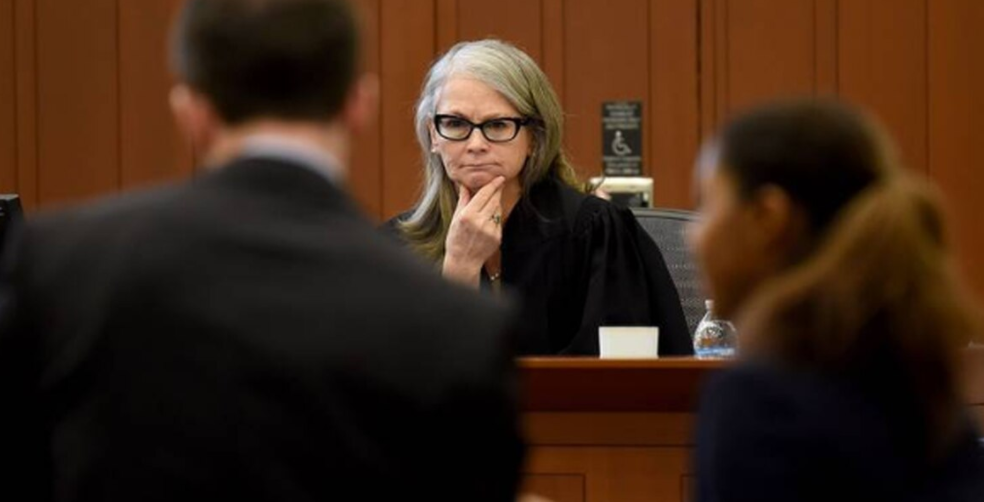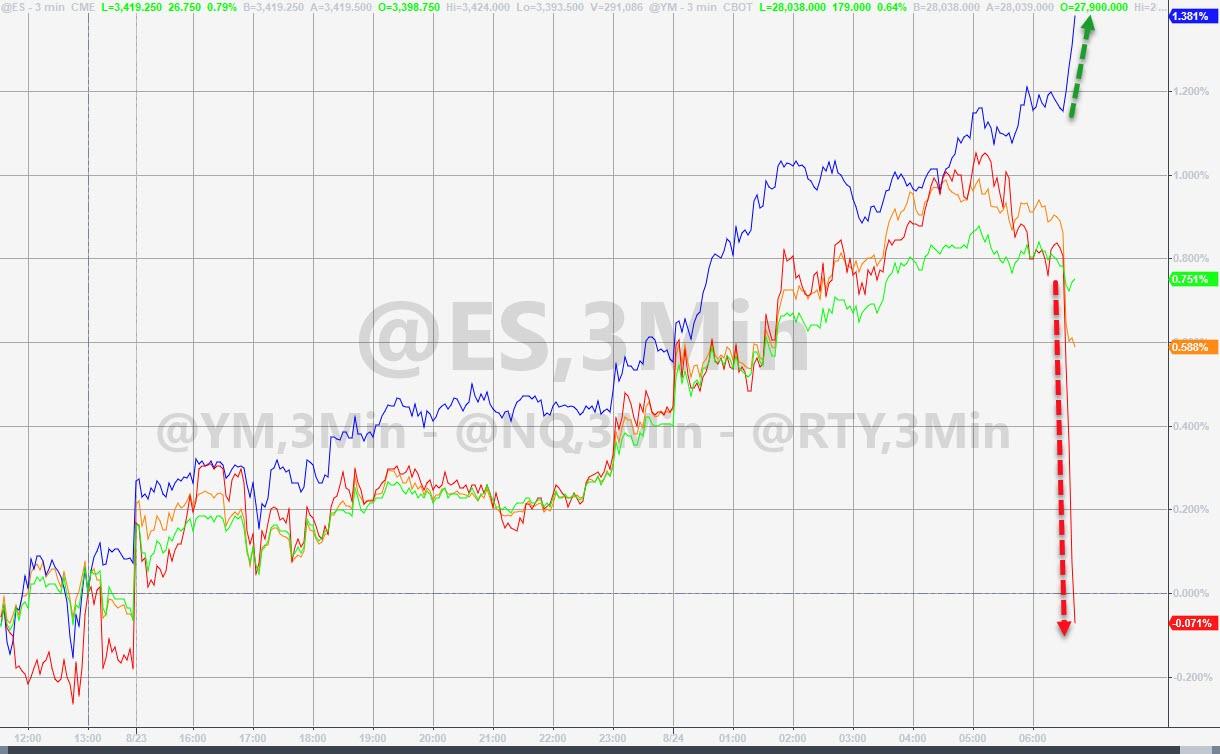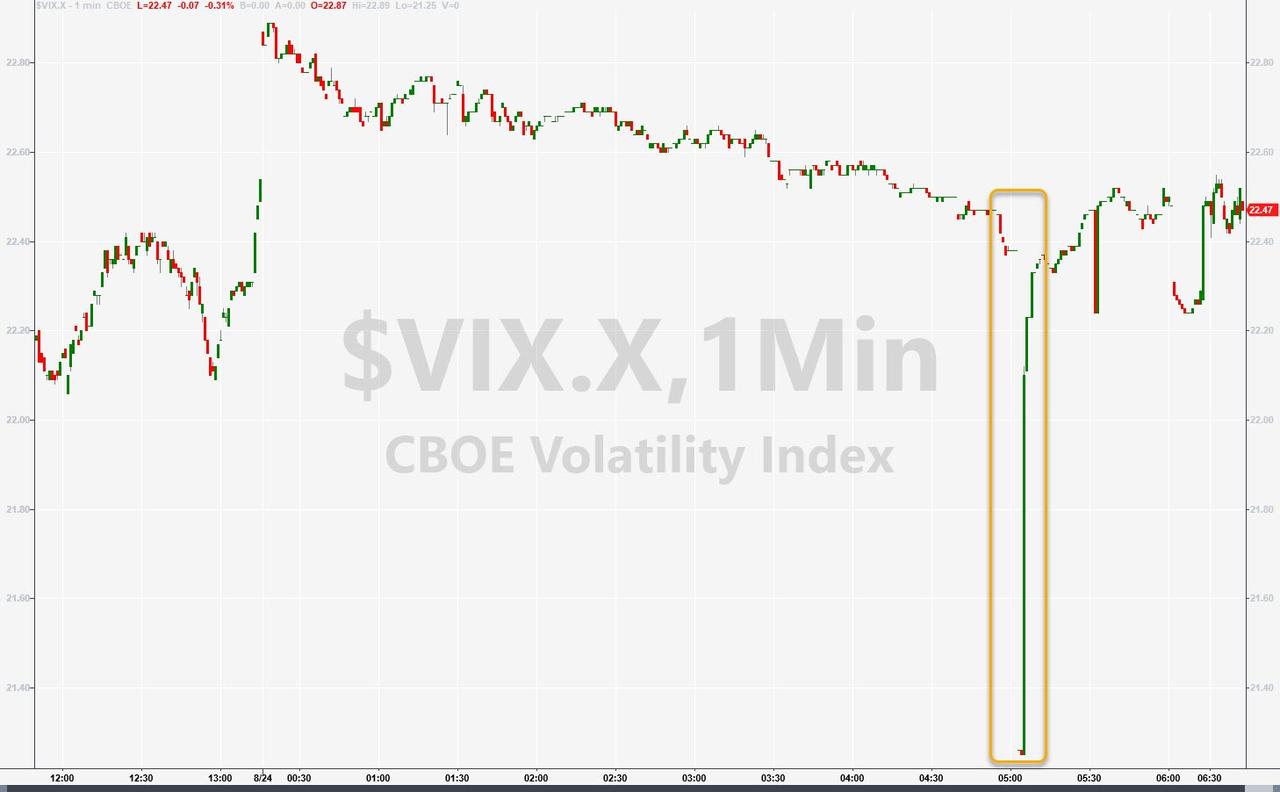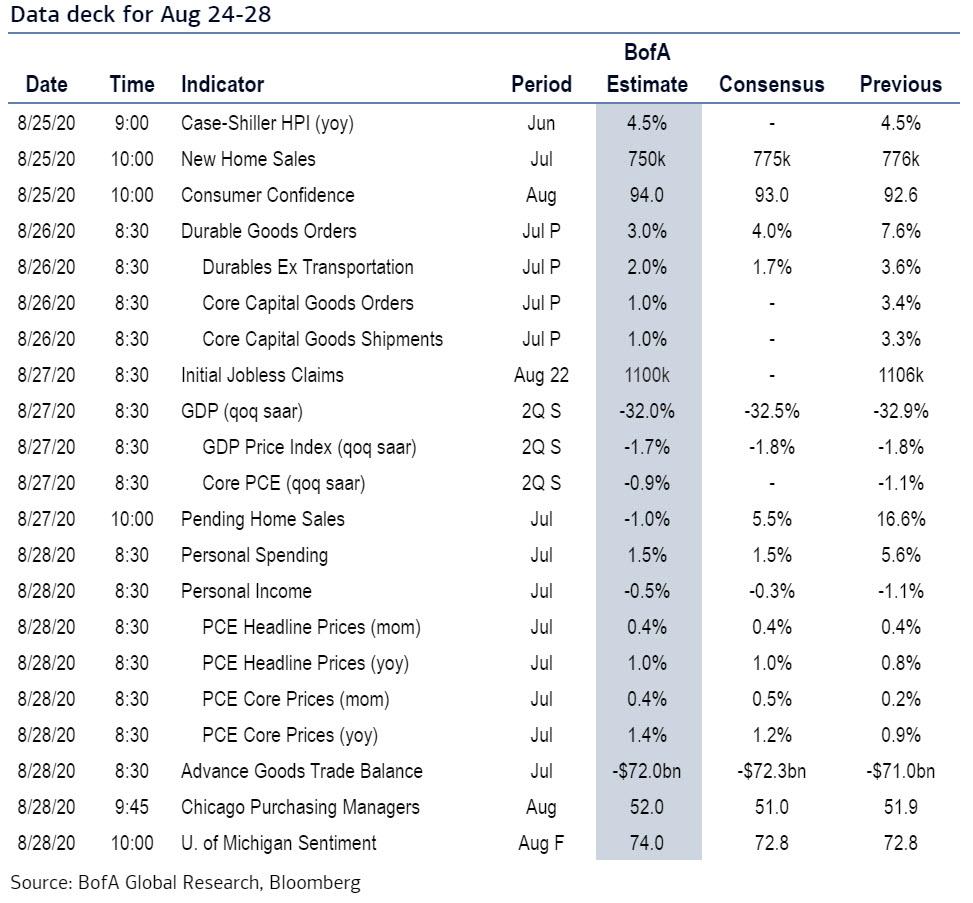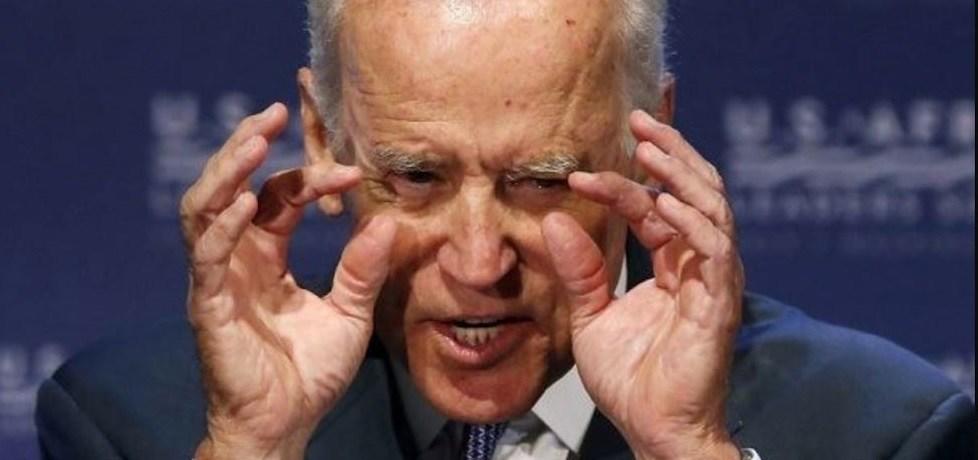Republicans take the stage. Last week’s Democratic National Convention was no joy ride, but it was also fairly business-as-usual. The Republican National Convention, which starts tonight, promises just as much frustration with an added dose of surrealism. (Two producers of The Apprentice are reportedly involved in the planning.) For libertarians, it will be another reminder that days of the conservative-libertarian alliance is all but over.
A Very Trumpian Agenda
The Republican Party has no new official platform for 2020. Instead, the Republican National Committee is pledging to “enthusiastically support the President’s America-first agenda” and “will adjourn without adopting a new platform until the 2024 Republican National Convention.”
The convention will focus on President Donald Trump’s “second-term agenda“—a list of wishes and pie-in-the-sky promises (“Create 10 Million New Jobs in 10 Months,” “Return to Normal in 2021,” “Clean Up our Planet’s Oceans,” etc.) mixed with basic bipartisan campaign promises (“Protect Social Security and Medicare,” “Lower Healthcare Insurance Premiums”) and paranoid nationalism (“Drain the Globalist Swamp”). “Teach American Exceptionalism,” runs one plank, under the “Education” header. “Hold China Fully Accountable for Allowing the Virus to Spread around the World,” says a bullet point under the heading “End Our Reliance on China.”
A lot of the agenda seems to revolve around Trump’s pet peeves and particular neuroses, plus the read meat du jour of Republican’s cultural vengeance menu. Overall, it’s the kind of empty, performative “agenda” we’re used to from this administration and from political campaigns more generally.
But the brief agenda also manages to work in several unconstitutional and/or authoritarian planks. For instance:
• It promises to not only end cashless bail but keep people suspected of crimes “locked up until trial”—something that goes explicitly against the core U.S. justice system principle of innocent until proven guilty.
• It promises to revitalize the War on Terror by treating “drive-by shootings as acts of Domestic Terrorism.”
• It says that for immigrants—including people who immigrated here legally but are not U.S. citizens—being part of anything that authorities deem a gang will be grounds for deportation.
The agenda also labels antifa a “violent extremist” group, which is in line with the administration’s efforts to classify people who call themselves antifa as domestic extremists and terrorists. Now, there are antifa activists who have done shitty and destructive things (and a whole lot more who have just been silly and sanctimonious pricks LARPing at revolution). But antifa is a loose, decentralized network of interconnected activists, many of whom “joined” antifa just by applying the word to themselves. Treating them all as terrorists is akin to slapping the label on anyone who labels their politics “anarchist” or “libertarian.”
Designating wider and wider groups of people as terrorists and gang members is a tried and true way for governments to deny basic rights and civil protections to a wider and wider range of people, while simultaneously making it harder for those people to get a fair shake in the so-called court of public opinion. The loose and subjective nature of these terms makes them easy to wield selectively against political enemies, popular scapegoats, and disfavored groups.
A few planks of Trump’s new agenda sound good—such as “Stop Endless Wars and Bring Our Troops Home.” But Trump promised that last time too, and he has done no such thing. And this document lends further doubt to that anti-endless-war commitment when, two points beneath the anti-war plank, it promises to “Maintain and Expand America’s Unrivaled Military Strength.”
Alas, the new Trump 2020 Agenda can’t even stick to being bad on warmongering, criminal justice, or other place where Republican presidents have historically been weak. There are plenty of grabs for economic control, too.
Trump says he’ll ban private American companies from hiring “foreign workers” instead of American citizens. He’ll build a national internet network. He’ll maintain certain Obamacare requirements and continue protectionist trade policies. And he’ll make all critical medical supplies have to be manufactured in the U.S.
Where Have All the Conservatives Gone?
As Politico points out, “the supposed canons of GOP orthodoxy—limited government, free enterprise, institutional conservation, moral rectitude, fiscal restraint, global leadership—have in recent years gone from elastic to expendable. Identifying this intellectual vacuum is easy enough. Far more difficult is answering the question of what, quite specifically, has filled it.”
The Republican Party has long been devolving into a loose collection of cultural grievances, meaningless gestures, and crime panic. But Trump seems to have accelerated the decline, sending “conservatives” in a new direction in the process.
“Trump ran in 2016 and swamped a sprawling Republican field of more conventional conservatives” and “in doing so, he didn’t merely win the nomination and embark on the road to the White House,” suggests Gerald F. Seib in a weekend Wall Street Journal essay.
He turned Republicans away from four decades of Reagan-style, national-greatness conservatism to a new gospel of populism and nationalism.
In truth, this shift had been building for a while: Pat Buchanan, Ross Perot, Sarah Palin, Mike Huckabee, the Tea Party, an increasingly bitter immigration debate—all were early signs that a new door was opening. Mr. Trump simply charged through it. He understood better than those whom he vanquished in the primaries that the Republican Party has undergone profound socioeconomic changes; it has been washed over by currents of cultural alienation and a feeling that the old conservative economic prescriptions haven’t worked for its new working-class foot soldiers.
Now, as Republicans prepare to nominate Mr. Trump for re-election at their truncated convention this week, there is simply no way to put Trumpism back into the bottle. If the president wins this fall (and even more so if he loses), the question that Republicans in general and conservatives in particular face is simple and stark: How to adapt their gospel so that it fits in the age of Trump?
As it happens, a new and younger breed of conservatives has set out to do precisely that, often by stepping away from strict free-market philosophies.
The Parties of No Ideas and No Exit
Aside from proving challenging for conservatives who don’t like this new direction, the GOP’s turn away from economic freedom has become a moment of soul-searching for libertarians too.
In the 21st century, both ruling parties have turned away from principles that made them sometimes-allies of libertarians.
For Democrats, it’s meant an incredibly depressing turn away from the tolerant, privacy-minded, pro-free-speech, civil libertarian, and anti-war tenets that guided at least parts of the party and left-wing politics for much of the 20th century.
At the same time, free markets and a distaste for economic regulation—the cornerstone of conservative-libertarian fusion—are less popular, and sometimes an outright anathema, to modern Republicans.
What to Expect from the RNC
Trump will speak on all four nights of the Republicans’ virtual convention, which starts Monday night and runs through Thursday. He’ll accept the party’s presidential nomination on the final night, with a speech from the White House lawn.
First Lady Melania Trump will speak Tuesday, with other Trump family members scattered throughout the four days.
Some lawmakers scheduled to speak tonight include Reps. Matt Gaetz or Florida, Jim Jordan of Ohio, and Steve Scalise of Louisiana. Tuesday night will feature Sen. Rand Paul of Kentucky, while subsequent nights include Sen. Joni Ernst of Iowa, Mitch McConnell f Kentucky, and Tom Cotton of Arkansas, among others.
In addition to Trump, his family, and Republican legislators, the conventions will feature figures from Fox News and various recent GOP memes, including Mark and Patricia McCloskey—the suburban couple who pulled a gun on Black Lives Matter protesters—former Covington Catholic student Nicholas Sandmann, and Turning Point USA chief Charlie Kirk.
FREE MINDS
Protesters could lose right to vote in Tennessee. A new bill signed into law in Tennessee increases punishments and penalties for various protest activities. “Most notably, the new law now states that those who illegally camp on state property would now face a Class E felony, punishable by up to six years in prison, rather than a misdemeanor. Felony convictions in Tennessee result in the revocation of an individual’s right to vote,” reports the AP.
Meanwhile, in Texas:
DPS [the Department of Public Safety] has arrested more than a dozen Texans as part of its highly publicized, resource-laden investigation into the Capitol protests. Special agents have spent hundreds of hours this summer poring through social media posts, surveillance footage and YouTube videos to identify protesters they believed engaged in criminal activity, the agency said. The department has also publicly announced arrests and repeatedly offered up to $1,000 in cash for the public’s help in naming the often-masked Capitol protesters seen in grainy screenshots investigators pull from compiled footage.
But protesters’ attorneys call the DPS probe an unparalleled political “witch hunt” against protesters in which the state’s police force is using tactics far too aggressive for the suspected crimes. Several have argued the reaction is an attempt to distract the public from recently heightened criticism of American law enforcement’s use of force against Black people and instead bolster the perception of officers as protectors.
FREE MARKETS
Apple and Microsoft fight over Fortnite. MarketWatch reports:
Apple Inc.’s threat to revoke Epic Games Inc.’s developer account would have far-reaching effects harmful to the videogame industry, Microsoft Corp. said in a court filing Sunday.
The new filing by Epic comes amid a tense showdown with Apple, which has removed Epic videogames, such as the mega-popular “Fortnite,” from its App Store over a violation of its payment rules.
QUICK HITS
• Yesterday in Wisconsin, a police officer shot a man in the back seven times, at close range, while his children watched. The man, Jacob Blake, was reportedly “getting into his car after apparently breaking up a fight between two women” and is now in critical condition.
• Kellyanne Conway is leaving the White House:
• How Facebook helped screw TikTok.
• A California Superior Court says President Trump must pay $44,100 in legal-fee reimbursement to Stormy Daniels.

from Latest – Reason.com https://ift.tt/34uLVDQ
via IFTTT
